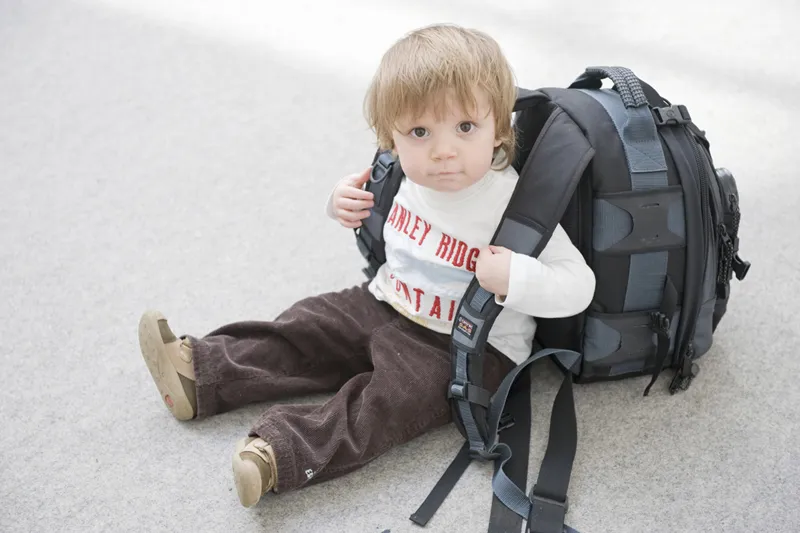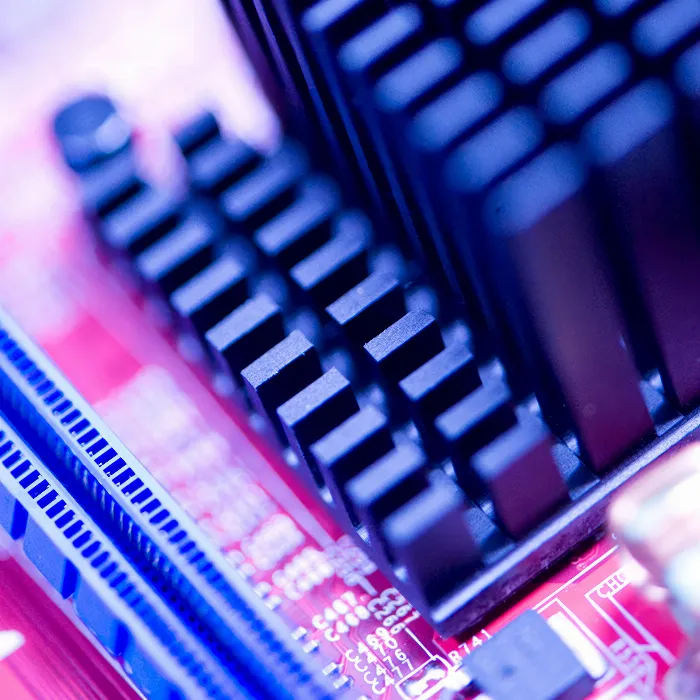Here is an overview of the individual chapters:
01: Career aspirations in photography
The desire for recognition as a driving force
The profession of photographer between cliché and reality
02: Questions about suitability
Personal aptitude: "doer" vs. doubter
Factual requirements
Monetary requirements
Supportive environment
03: Getting started in professional photography
Internships and assistantships
The classic, craft-based training
The academic path (photography studies)
Private photography schools
The self-taught path (lateral entry)
04: The photo studio
Own studio vs. rental studio
Advantages and disadvantages of a shared studio
Tips on the rental contract
Tips on location
Tips on the suitability and sensible furnishing of your own photo studio
05: Positioning and objectives
All-rounder or specialist?
Fields of activity
The curse and blessing of the photo agency business
06: Dealing with authorities & Co.
The status of an artist
Registration with the tax office
Registration with the trade registration office
Chamber of Industry and Commerce (IHK) and Chamber of Crafts
Social insurance: Registration with the artists' social insurance fund
Registration with the employers' liability insurance association
VG Bild-Kunst
07: Sensible advertising measures
Targeted advertising
Flyer advertising
Business cards
Internet presence
Shop window design
Acquiring advertising agencies and publishers
08: How do I do my first photo job professionally, efficiently, financially successfully and legally securely?
Preparation of offers
Confirmation letter
Processing
Invoicing
Dunning
09: Legal matters
10: Taxes
Sales tax small business
The question of the correct tax rate
Turnover tax
Income tax
Outlook
Useful links and recommended reading
Part 02: Questions about suitability
Are you sure that self-employment (as a photographer) is the right path for you? In the past, I have mainly met two different types of self-taught photographers. Some had already worked successfully in another job and were often highly qualified. They were firmly established in their careers. The others had worked here and there. Mostly in unskilled jobs and usually never for long. Dissatisfaction led them to become self-employed photographers.
But to work successfully as a career changer, you need a certain level of personal maturity and, above all, determination and stamina. This is the reason why the constant career dropouts and "restless spirits" will find it difficult to make it in professional life - even as a photographer. The first-mentioned, on the other hand, are more likely to establish themselves as photographers because they have already learned what is important in the past.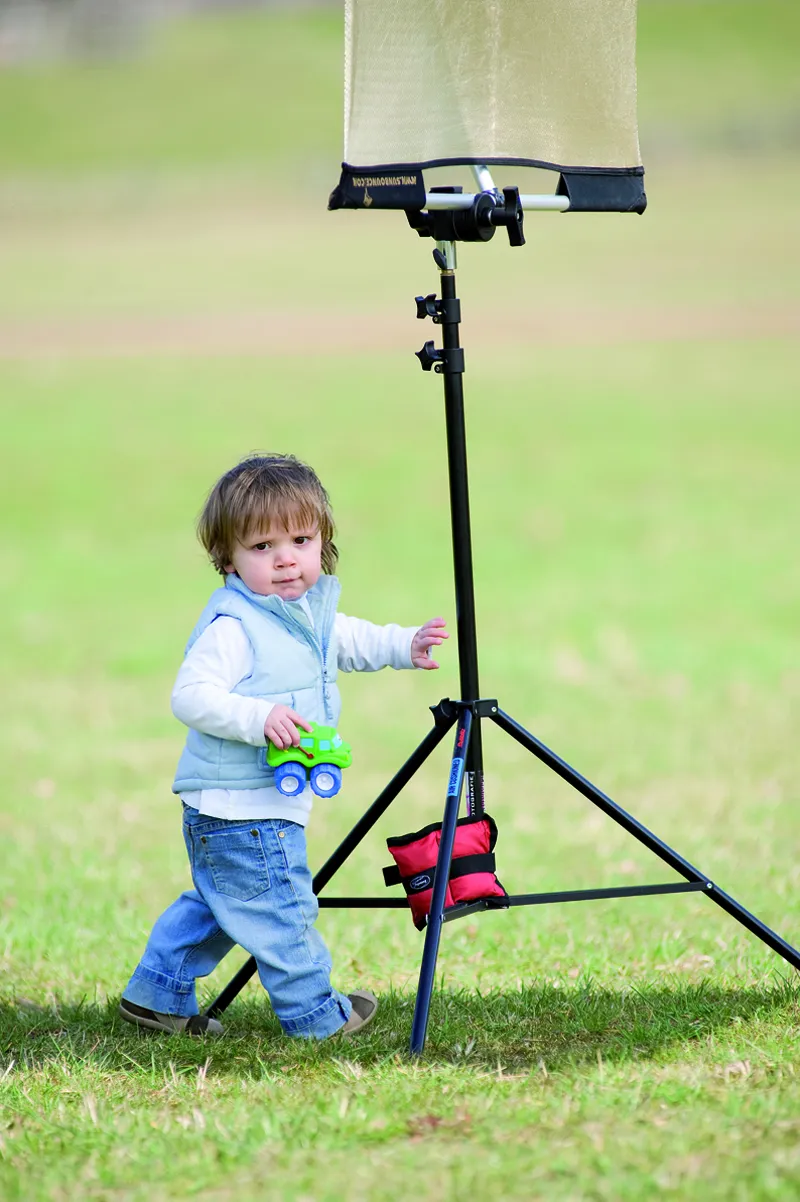
Photographing beautiful models - professionally - against an exotic backdrop is a tempting idea. But keep in mind that there is a lot of hard work involved if you want (or need) to be successful in the long term.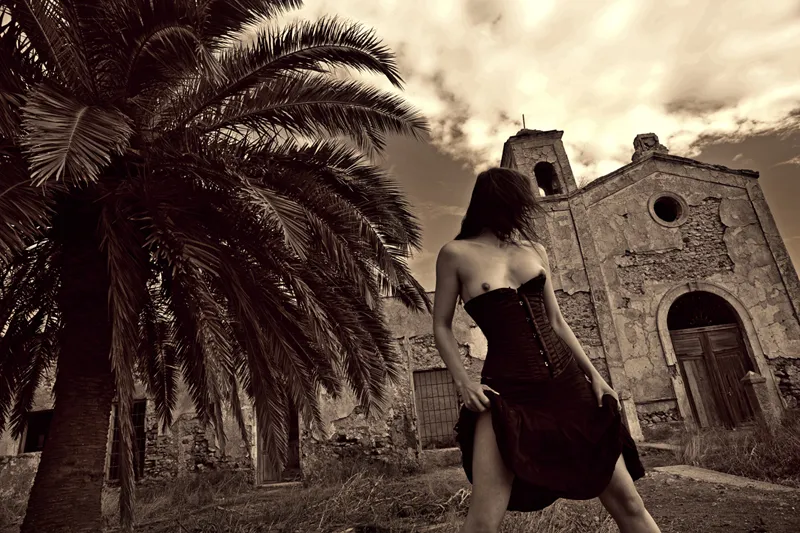
Do you like music? Do you like going to concerts? If you are also passionate about photography, then a career as a concert photographer could be the right thing for you.
Personal aptitude: "doer" vs. doubter
To say it straight away: it's not enough for you to be enthusiastic or even "obsessed" with photography, and it's also not enough for you to take photos that are the envy of all your relatives. When you go freelance, it means giving up all security and starting a whole new life. This is all the more true if you were previously employed in a different job, with a fixed social structure and salary, a defined number of hours per week, vacation entitlement, social security from your employer, etc.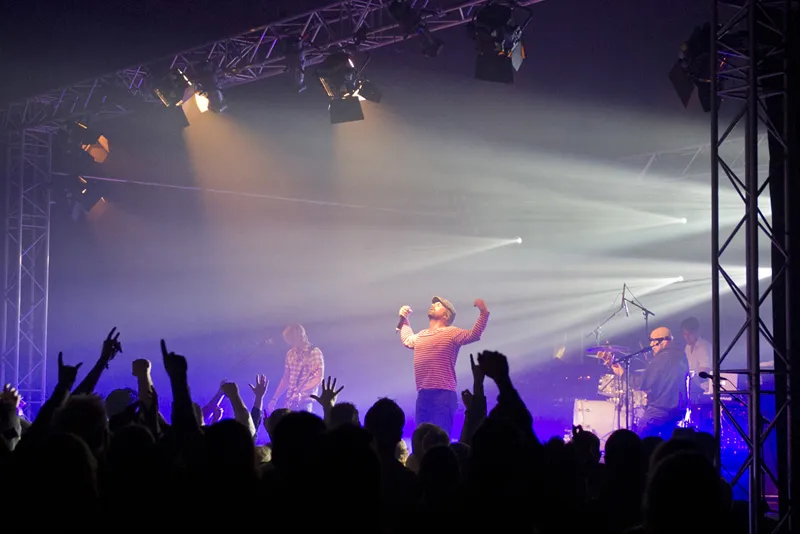
I love the challenge. When I photograph something for the first time that I haven't photographed before, I am required to deal intensively with the new subject.
To gain a foothold as a freelancer, you need a number of personal prerequisites, such as self-confidence, diligence, perseverance, a hands-on approach, robust health and a sense of responsibility. The ability to be self-motivated is also extremely important if you can organize your working hours freely for the most part! Someone who is torn between how to divide their available working time, for example between retouching photos and playing online poker, will have a hard time in the long run ...
You need "power" and assertiveness when you start your own business. This is especially true in the field of photography.
You can discuss problems and tasks for hours and days, but those who decide to act at the right time will be successful, even if not all solutions have been found yet, even for the smallest detail.
The "doers" are the ones who use their time efficiently and have long since presented solutions, while their competitors are still philosophically discussing all the points of the problem ...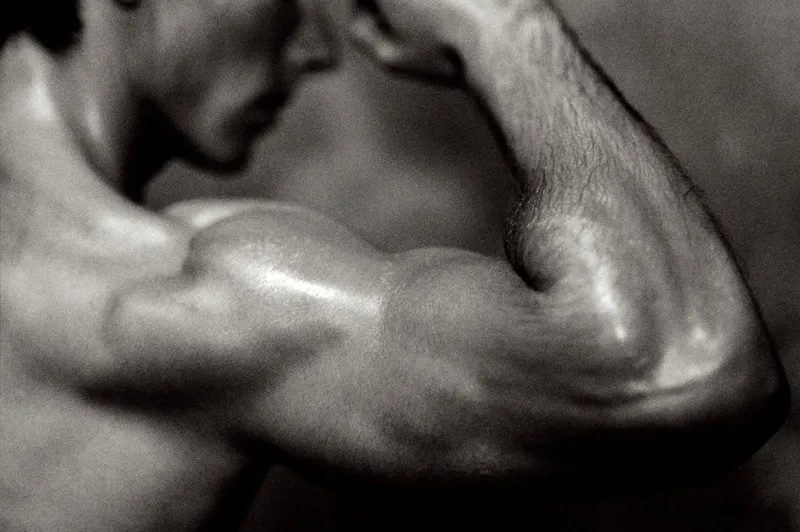
Factual requirements
I try to keep my equipment technically up to date. So I'm prepared for all eventualities and well equipped for all photo assignments.
Since you should have been taking photos for a few years before becoming a self-employed photographer, you can actually assume that you have almost professional camera equipment, consisting of at least one high-quality DSLR and a range of (preferably fast) lenses. A second DSLR is highly recommended, because who wants to take on an important photo job without worrying if he or she doesn't have a suitable backup camera?
Your camera can fall down unexpectedly quickly, and if it was the only one you had with you on the shoot, you will have to cancel, which, depending on the photo job, can sometimes either have unpleasant financial consequences (model and make-up artist have to be re-booked and paid for on another day) or result in the photos being irretrievably lost (for example, in press photography for a one-off, special event). If you work as an advertising photographer, at least one of the two cameras should be equipped with a full-frame sensor in case your customers need high-resolution photographs for their advertising (e.g. for 18/1 posters). Pay particular attention to the highest possible quality when buying lenses! The lenses are the eyes of the camera, and poor optical quality would be immediately visible to your customers.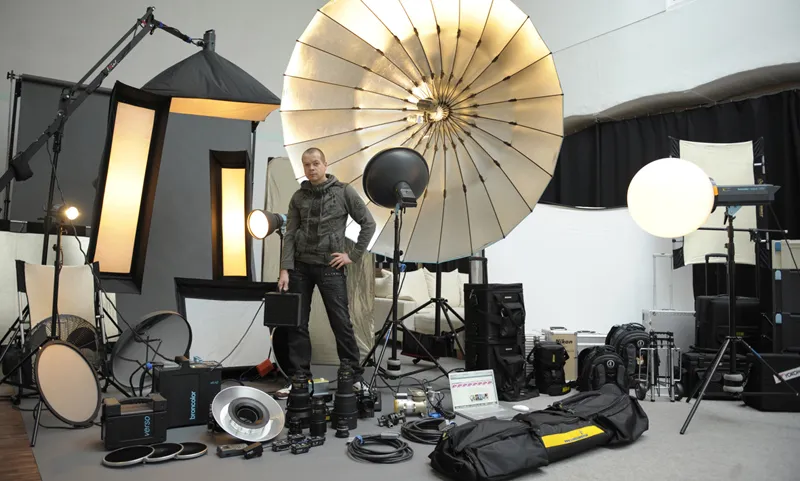
As a professional photographer, you should attach the utmost importance to high-quality equipment! I only use full-frame sensor cameras (Nikon D3X and D3S) with high-quality original lenses.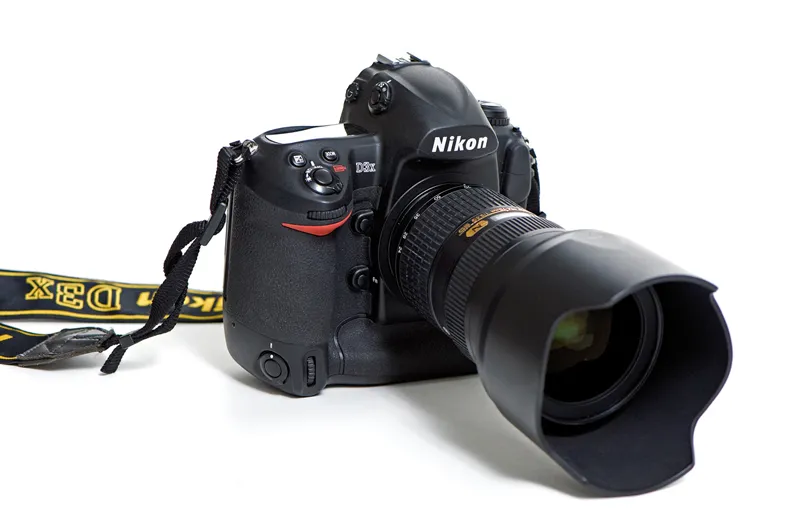
In addition to the camera equipment, good computer equipment is a must in the digital age. Your computer and monitor should be suitable for image processing. This means that you should not skimp on your computer's RAM, but also not on the graphics card.
Hopefully there is no need to mention that the monitor should be calibratable. In addition to your computer and monitor, you need sufficient external storage space for data backup. Whether you opt for a RAID system or a conventional solution with several external hard disks is irrelevant.
If it is foreseeable that you will be doing a lot of image editing, we recommend purchasing a graphics tablet with a pressure-sensitive pen, which will make your work easier. For most photographers, a high-quality output device (printer) will also be part of the equipment pool. In addition to the necessary hardware, you will also need a comprehensive software package, such as programs for image editing, website creation or at least maintenance, text programs and spreadsheets, presentation and data backup programs, etc. Once you are self-employed, you should no longer use black-burned programs.
A modern computer with an extensive range of software is also part of the tools of the trade for a modern photographer. And of course a nice assistant who can operate the computer ... ;-)
Monetary requirements
Depending on the type of work you want to do as a photographer, you will need a number of other material things, all of which cost a lot of money. For example, a professional flash system including accessories, which will easily cost between 3,000 and 10,000 euros, depending on the equipment. Reflectors, diffusers and transport bags or rucksacks (for the camera and light equipment) are also part of the indispensable tools of the trade for every photographer - all of which are not cheap either.
Good equipment has its price. But don't save money at the wrong end; after all, as a professional photographer you have to work with it every day.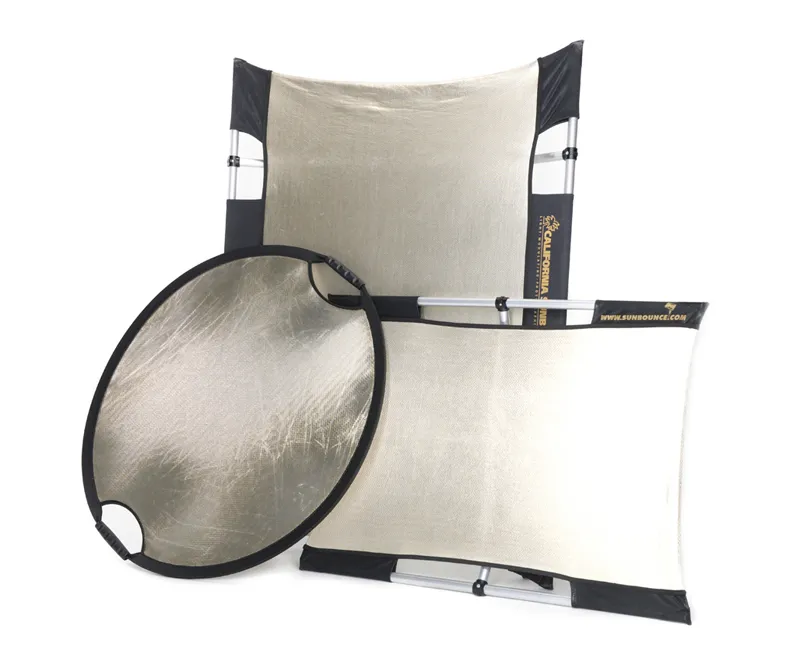
Many investments that you still have to make are not even foreseeable when you start your own business. It is therefore advisable to keep a sufficiently large reserve on the "high edge" to be prepared for all eventualities.
For advertising photographers, this amount should not be less than 25,000 euros. Initially, this amount is used to finance unforeseeable expenses at the start of self-employment. Later, it is used to pre-finance orders (if the client was unable or unwilling to pay an advance for model fees etc.) or to pay for replacement purchases.
Supportive environment
A supportive environment in your family should not be underestimated. Only if your partner supports you financially, morally and by helping out (for example at weekends) will you have a good chance of professional success!
This point should not be underestimated, because no one can always work against ALL odds. It's bad enough when you're fighting against huge competition and the tax office, when customers are difficult or any employees are unreliable, when models or make-up artists are bitching, etc. It's important and necessary to have a calming influence who can listen, give neutral advice and stand by you.
If your partner falls off her chair in horror every time just because you have to buy a new camera or an expensive accessory for your flash system, it will become quite exhausting for you in the long run. Lucky are the photographers whose partner is right behind them!
It's also great if you know colleagues who have also just started their own business. Then you can exchange experiences and tips with each other, pass them on or ask for them, deal with the authorities together, borrow equipment from each other, etc. A helping hand is also often needed, especially when setting up your own photo studio (see chapter "The photo studio").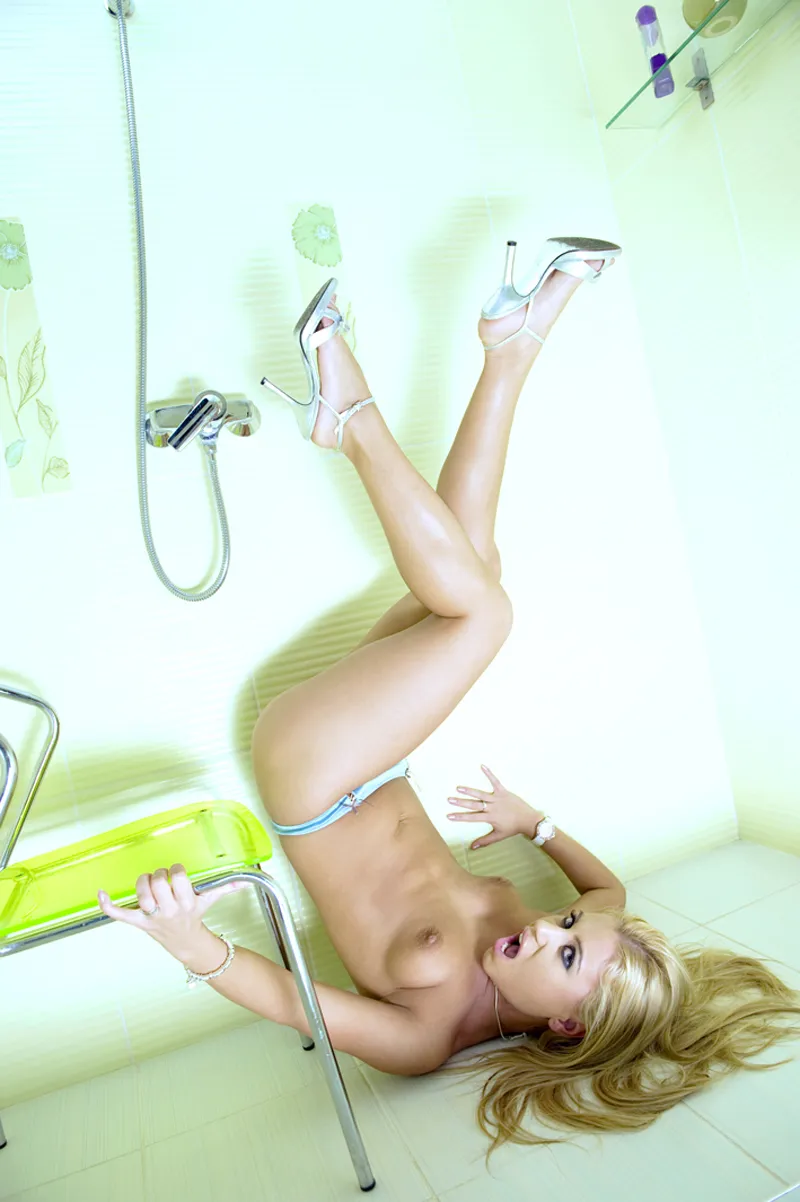
If you get on well with each other, it makes sense to form a studio community. According to the motto "Together we are stronger", not only the know-how can be shared, but also the burden of studio maintenance. See the tutorial "Advantages and disadvantages of a studio community".
It's great if your family supports you in your plans to become a photographer. And who knows, maybe your offspring will soon be helping you carry the equipment on your shoots as an assistant?